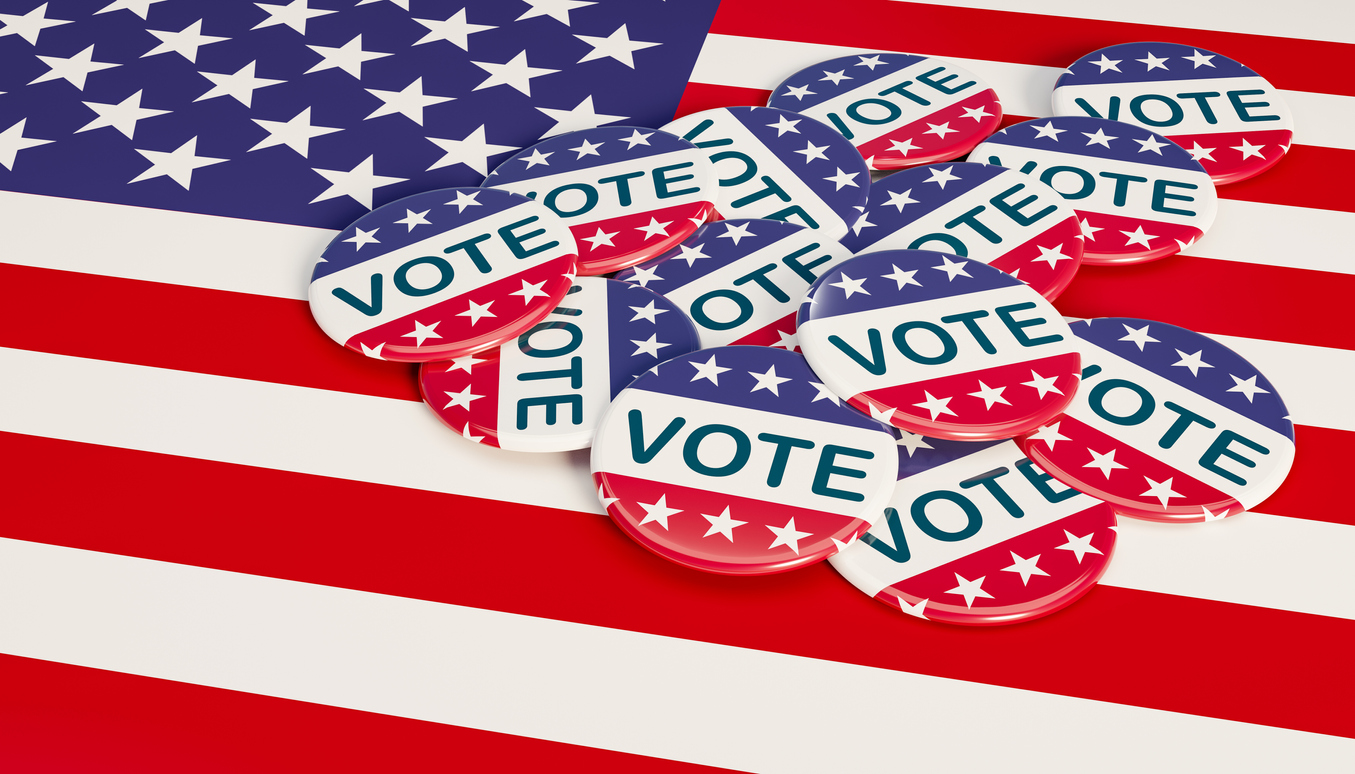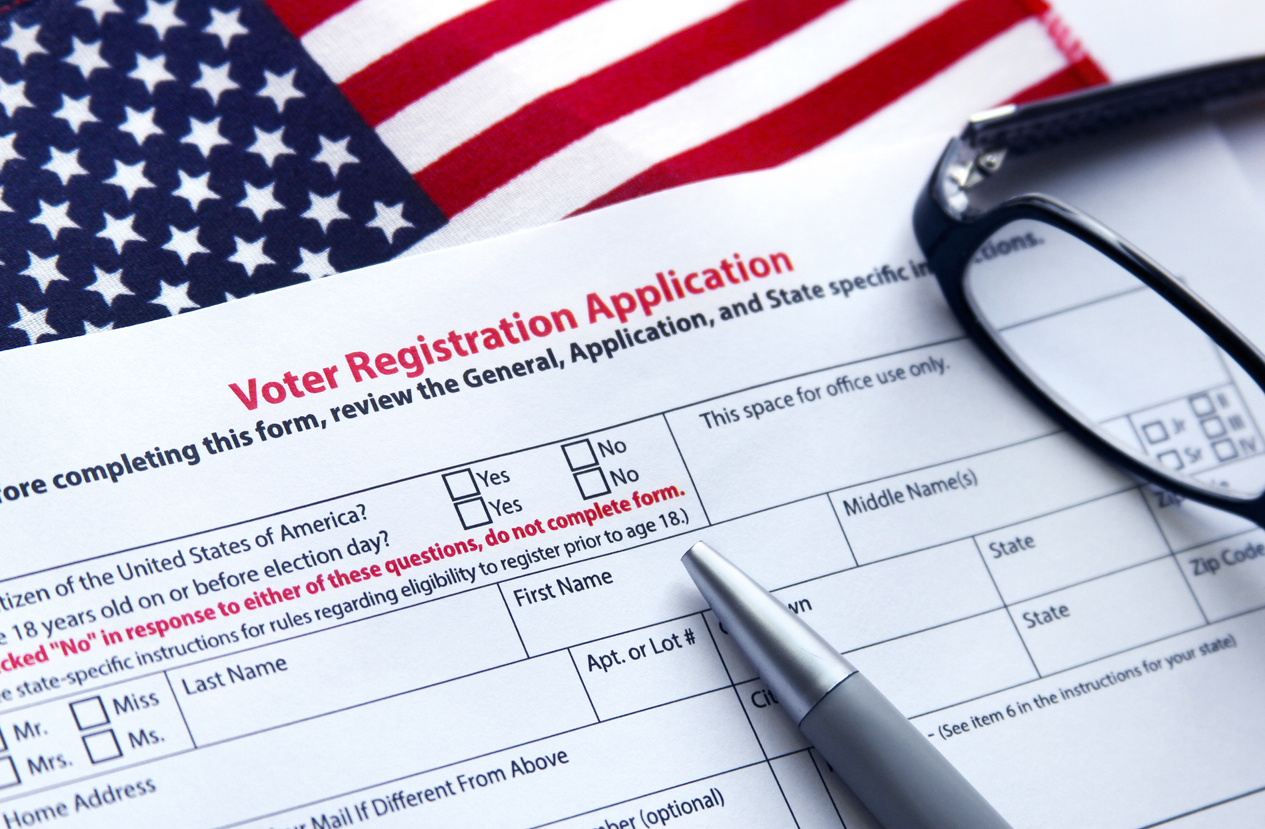The use of Unmanned Aircraft Systems (UAS), commonly referred to as “drones,” has expanded rapidly in the last several years. Not only has government and industry use picked up significantly, but personal use by our friends and neighbors has also seen a marked shift.

For example, the Consumer Technology Association projects that drone sales in the United States will top 3.4 million units this year.
With these numbers only expected to grow, and federal regulation moving at the pace expected of federal regulation, states and localities have taken it upon themselves to begin legislating the use of UAS in our communities.
Uniform Law Commission
According to its mission statement, the Uniform Law Commission (ULC), “provides states with non-partisan, well-conceived and well-drafted legislation that brings clarity and stability to critical areas of state statutory law.”
Per their website, ULC members must be lawyers, qualified to practice law. They are practicing lawyers, judges, legislators and legislative staff and law professors, who have been appointed by state governments as well as the District of Columbia, Puerto Rico and the U.S. Virgin Islands to research, draft and promote enactment of uniform state laws in areas of state law where uniformity is desirable and practical.
One area that has been a subject of study and work by the ULC is the regulation of privately deployed drones, specifically related to privacy concerns.
The latest draft of their proposal can be found here, but the legislation essentially would grant homeowners the right, under certain conditions, to sue drone operators from flying over their property.
The ULC proposal would create a 200-foot line in the sky around a homeowner’s property, allowing them to create de facto “no fly zones” around their homes, forcing drone operators to navigate these zones on a case-by-case basis.
Industry supporters worry about the impact of what they consider to be a draconian measure, which is much more stringent than any existing state or federal regulation.
The ULC failed to pass this proposal through their committee the first time it was considered, but it will be one to watch moving forward as it is amended and reconsidered.
In the mean time, several states are already considering certain limitations and restrictions that fall short of the ULC standards.
Missouri
State Senator Denny Hoskins is seeking to keep drones out of the skies above correctional and mental health facilities with Senate Bill 194.
According to Hoskins, his proposal would make it a felony to operate a drone over or around these facilities. His concern is that drones with mounted cameras would give operators the ability to map out a facility, and perhaps illegally deliver goods to someone on the inside.
During a hearing on the measure, it was also proposed that an amendment be added to include open-air venues such as stadiums, though there is a lingering question as to whether the state has a right to override existing FAA regulations over such spaces.
It remains unclear if this proposal will make its way into law, and if it would hold up in court if challenged.
New Jersey
Similar to a law passed year in Pennsylvania, some Garden State lawmakers have introduced legislation to increase the penalties for using a drone to essentially trespass on private property.
Among other things, S3318 would treat my drone hovering over your property without authorization the same way it would treat my physically trespassing on your property.
Senator Linda Greenstein, Chair of the Senate Law and Public Safety Committee, explains the need for the law, saying that “the popular use of drones has warranted the need to clarify that flying a drone over private property without permission is still trespassing, and an invasion of privacy of anyone on that property. This legislation would provide the required amendment to ensure the privacy of property owners.”
Oklahoma
According to sponsor Senator Casey Murdock, Oklahoma Senate Bill 304 would “give the local law enforcement the ability to basically write a speeding ticket for someone that’s not flying a drone within the FAA regulations.”
His proposal calls for a restriction against operating lower than 400 feet over rural areas, specifically excluding Oklahomans living in municipalities.
Sen. Murdock claims that this legislation is aimed at protecting the privacy and property rights for his rural constituents. It is unclear how likely this measure is to pass, but it is one to keep an eye on.
Tennessee
Introduced by Rep Bud Hulsey in the House and Sen Jon Lundberg in the Senate, HB0308/SB0306 is a proposal aimed at protecting Tennessee infrastructure and business interests.
If approved, the measure would increase the penalties for flying a drone unauthorized over “critical infrastructure,” which could include business facilities.
The proposal would make such a crime a Class E felony, carrying with it a potential jail sentence of no less than one year and an additional fine of up to $3,000.
Latest News
Photo credit: iStock.com/yevtony Last week, the National Governors Association (NGA) elected Utah Governor Spencer Cox (R) as its new Chair and Colorado Governor Jared Polis (D) as NGA Vice Chair. Cox succeeds New Jersey Governor [...]
Photo credit: iStock.com/Torsten Asmus Texas voters have already submitted their ballots for the 2022 primary election. More states have their primary elections on the horizon. With the 2022 primary election season nearly upon us, many [...]
Photo credit: iStock.com/triocean DMGS has previously reviewed state government public health measures, as they have imposed and rescinded masking requirements. Now, over two years into the pandemic and after various COVID-related emergency declarations being implemented, [...]
Photo credit: iStock.com/outline205. Automatic voter registration allows eligible individuals to become automatically registered to vote when they interact with certain agencies in the government, such as a state agency overseeing motor vehicles. While most people [...]






Stay In Touch